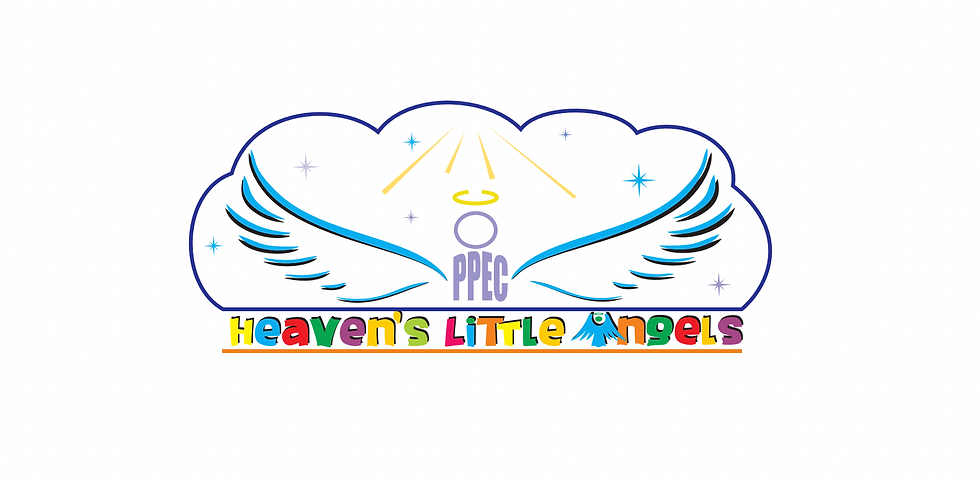Myths About Epilepsy
- Coralys D Bosques Ortiz

- Nov 1, 2022
- 2 min read
In Heaven's Little Angels PPEC we have children with Epilepsy and the parents and caretakers ask us questions about epilepsy and today we would talk about some myth of Epilepsy. It’s normal that parents and caretakers can be worried about this condition.
Epilepsy is a nervous system condition that causes recurring, unprovoked seizures.

Myths About Epilepsy:
1. I cannot be successful once I am diagnosed with epilepsy.
Everyone’s epilepsy story and journey is different. Some can face more challenges than others as they battle with seizures. People with epilepsy can make positive contributions in the workplace. Many people with epilepsy are able to work and successfully carry out their job duties.
2. People with epilepsy are mentally ill or emotionally unstable and are not as smart as others
Epilepsy, it does not mean they have an intellectual disability or a mental illness. A person’s ability to learn can be affected by the frequency and power of their seizure activity. Overall, a person with epilepsy tends to have the same degree of intelligence as a non-epileptic person.
3. During a seizure, the person is in pain.
During a seizure, the person doesn't experience any pain. However, they may have muscle aches and tired after a long seizure.
4. You can’t die from epilepsy.
Seizures are dangerous because it makes the person pause breathing. If the pause lasts too long, it reduces the oxygen in the blood to a life-threatening level. Epilepsy is a very serious condition and individuals can die from seizures. Please contact your doctor for more information.
5. You can easily tell when a seizure is about to happen.
Seizures are unpredictable. Although many people can have a feeling or sensation that warns them they are about.
6. You should restrain someone from having a seizure.
Stopping the person of seizure wouldn’t stop the seizure, don't move the person, it can cause injuries. Just make sure the surrounding area is clear of objects.
Heaven's Little Angels PPEC in Poinciana, FL. We have the tools and medical staff to handle different medical scenarios. As well we help the family and caretakers to answer any other questions and we encourage them to always ask our staff and as well to the children doctor.

By: Coralys D. Bosques Ortiz









Comments